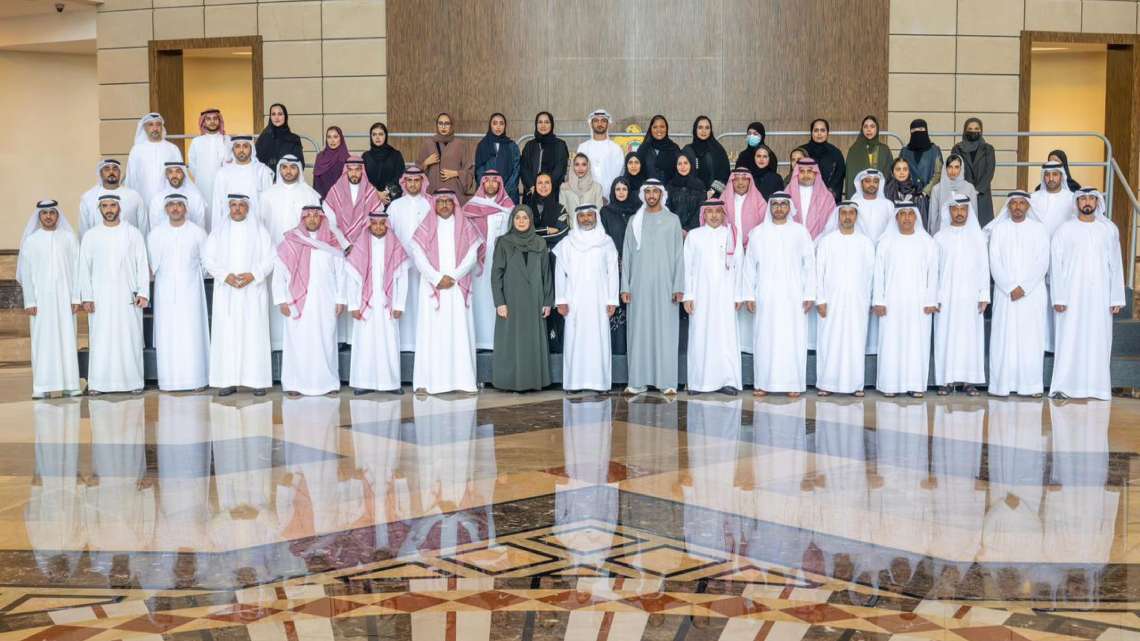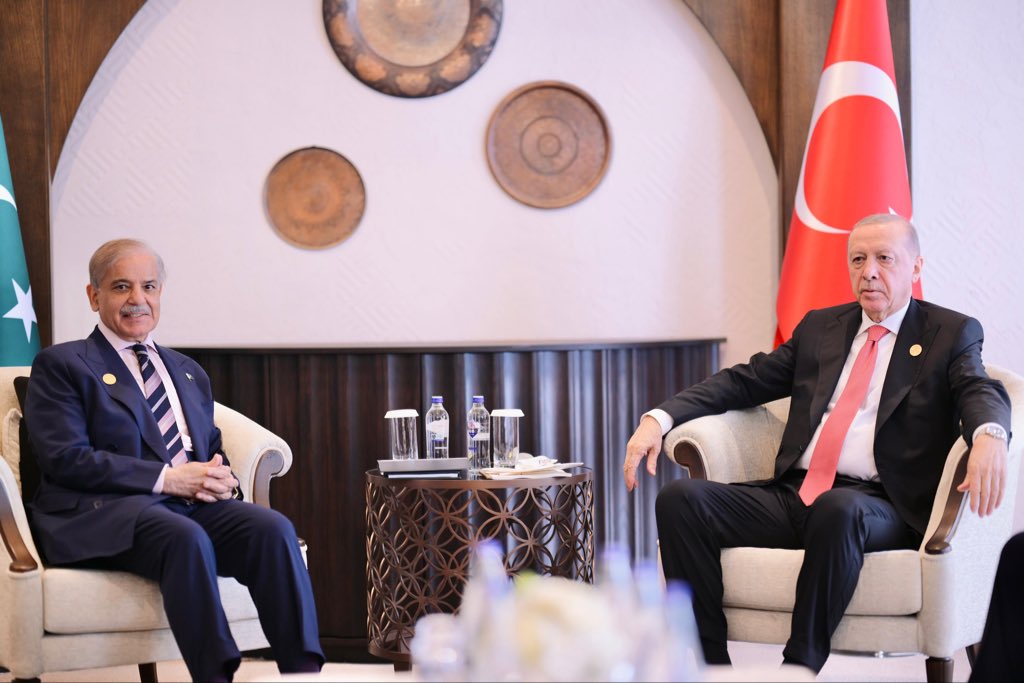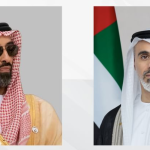Landmark decision paves way for stronger trade, smoother finance, and renewed global trust…reports Asian Lite News
The UAE has been formally removed from the European Union’s list of high-risk third countries under enhanced monitoring for money laundering and terrorism financing — a move hailed by Emirati authorities as a major diplomatic and strategic victory.
In a statement, the General Secretariat of the National Anti-Money Laundering and Combatting Financing of Terrorism and Financing of Illegal Organisations Committee (NAMLCFTC) welcomed the European Parliament’s decision as a key milestone in the UAE’s broader efforts to build a resilient and globally trusted financial system.
The move comes after sustained reforms by the UAE, aligning its financial frameworks with global standards set by the Financial Action Task Force (FATF). The Secretariat noted that the country has demonstrated “strong political commitment” in enhancing legislation, improving enforcement, and intensifying international coordination. These collective actions, it said, ensure long-term protection against cross-border threats and evolving financial crime risks.
Hamid Saif AlZaabi, Secretary-General and Vice Chair of NAMLCFTC, described the EU’s announcement as the “direct outcome of systematic and intensive efforts” involving all segments of the UAE’s financial and legal ecosystem.
“This decision is not just about being taken off a list — it is about international confidence in our institutional framework,” AlZaabi told the Emirates News Agency. “The UAE has successfully built a robust and integrated system to counter money laundering and terrorist financing.”
He highlighted the central role of the Higher Committee overseeing the national AML/CFT strategy, chaired by H.H. Sheikh Abdullah bin Zayed Al Nahyan, Deputy Prime Minister and Minister of Foreign Affairs. AlZaabi said the committee’s leadership was critical in guiding real, proactive measures across public and private sectors.
AlZaabi also praised the Cabinet-approved national strategy adopted in 2014, which has become the backbone of the UAE’s counter-financial crime policy. “Every stakeholder now recognises the risks and is aligned with the national vision,” he said. “We’ve conducted risk-based workshops, updated legal frameworks, and introduced awareness campaigns targeting emerging threats.”
Looking ahead, he expects 2025 to bring “new legislative momentum” that will further bolster compliance and reinforce the UAE’s place among top-tier financial jurisdictions. AlZaabi also stressed the need for deeper international partnerships to tackle crimes linked to digital assets and online platforms.
“Today, financial crime travels faster and wider,” he noted. “The ease of digital transactions demands timely information-sharing and cross-border collaboration.”
The European Parliament’s ruling is also expected to unlock new economic gains. According to government estimates, it may accelerate free trade talks with the EU, increase foreign direct investment by 3 percent, and streamline transactions for UAE-based financial institutions operating in Europe.
Mohamed bin Hadi Al Hussaini, Minister of State for Financial Affairs, described the EU’s delisting decision as “a strategic milestone” and a clear sign of international confidence in the UAE’s financial governance.
“This confirms the UAE’s role as a transparent, globally respected financial hub,” he said. “It is a testament to tireless efforts across ministries, financial regulators, and the private sector — all under the guidance of our wise leadership.”
Al Hussaini added that the Ministry of Finance will continue to work with all relevant stakeholders to maintain competitiveness in global finance and ensure that the UAE remains an attractive, rules-based investment destination.
The General Secretariat of NAMLCFTC also acknowledged the role of the private sector, crediting banks, financial institutions, and corporates for supporting institutional transformation and raising compliance standards.
“The delisting by the EU is the culmination of shared responsibility,” the Secretariat stated. “It reflects the UAE’s unwavering commitment to a secure, transparent and rule-based financial system aligned with global best practices.”











